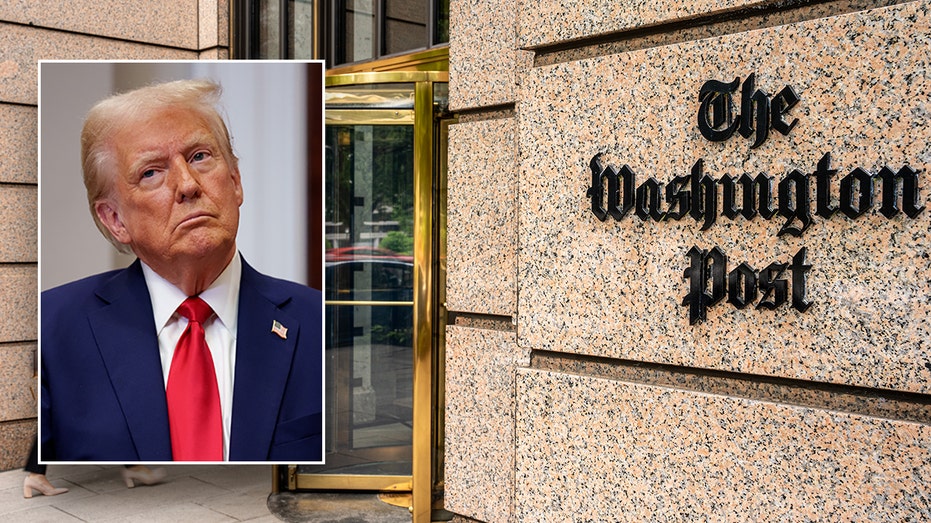Washington Post: Both Biden and Trump Created 'Reckless Deficits'

The Washington Post's editorial board has called out both President Biden and former President Trump for contributing to the nation's growing debt through what they term "reckless deficits." The newspaper argues that policies enacted under both administrations have put the country on an unsustainable financial path. The editorial highlights concerns about the long-term economic consequences of these spending patterns. Experts are debating the severity of the situation and potential solutions.
The Washington Post's editorial board published a scathing critique of recent presidential administrations, asserting that both President Biden and former President Trump have engaged in "reckless deficits" that threaten the nation's financial stability. The editorial argues that regardless of party affiliation, both leaders have prioritized short-term political gains over long-term fiscal responsibility.
The Post specifically points to tax cuts and increased spending under both presidencies as key drivers of the growing national debt. The editorial board emphasizes that these policies, while potentially popular in the short term, have created an unsustainable financial burden for future generations. The piece urges current and future leaders to address the deficit with serious policy changes.
The article has sparked debate among economists and political analysts. Some agree with the Post's assessment, warning of potential consequences such as higher interest rates and reduced economic growth. Others argue that the deficits are manageable or necessary to address other pressing needs, such as infrastructure and social programs. The debate highlights the complex challenges facing policymakers as they navigate the nation's economic future.
The Post specifically points to tax cuts and increased spending under both presidencies as key drivers of the growing national debt. The editorial board emphasizes that these policies, while potentially popular in the short term, have created an unsustainable financial burden for future generations. The piece urges current and future leaders to address the deficit with serious policy changes.
The article has sparked debate among economists and political analysts. Some agree with the Post's assessment, warning of potential consequences such as higher interest rates and reduced economic growth. Others argue that the deficits are manageable or necessary to address other pressing needs, such as infrastructure and social programs. The debate highlights the complex challenges facing policymakers as they navigate the nation's economic future.